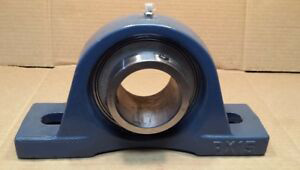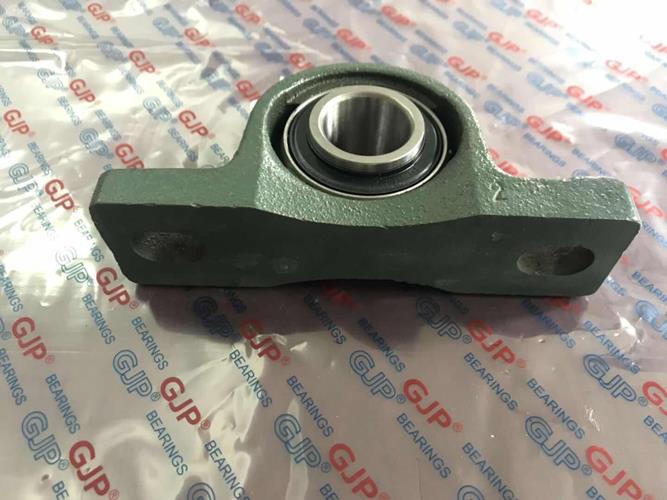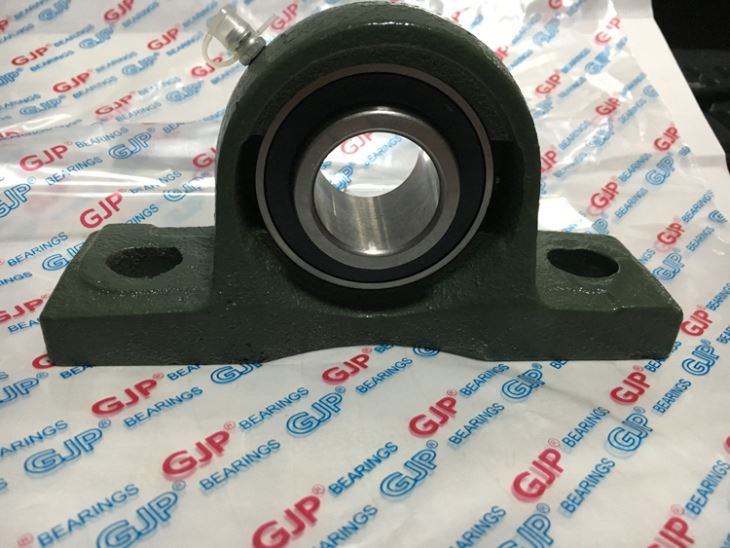Pillow block bearings are an essential component in many industrial applications. They are used to support rotating shafts and reduce friction between moving parts. Pillow block bearings are designed to be mounted on a surface, making them easy to install and maintain. In this article, we will explore the purpose of the pillow block bearing and its importance in various industries.
What is a Pillow Block Bearing?
A pillow block bearing is a type of rolling-element bearing that is housed in a pillow block. The pillow block is a housing that supports the bearing and is typically made of cast iron, steel, or thermoplastic. The bearing itself is made up of an inner and outer ring, a set of balls or rollers, and a cage that holds the balls or rollers in place. Pillow block bearings are designed to handle radial and axial loads and are commonly used in applications such as conveyor systems, agricultural equipment, and industrial machinery.
The Purpose of Pillow Block Bearings
The primary purpose of pillow block bearings is to support rotating shafts and reduce friction between moving parts. They are designed to handle both radial and axial loads, making them ideal for applications where there is a combination of both types of loads. Pillow block bearings are also designed to be mounted on a surface, which makes them easy to install and maintain. They are commonly used in applications such as conveyor systems, agricultural equipment, and industrial machinery.

Types of Pillow Block Bearings
There are several types of pillow block bearings, each designed for specific applications. The most common types of pillow block bearings include:
- Ball Bearings – Ball bearings are the most common type of pillow block bearing. They are designed to handle radial loads and are commonly used in applications such as conveyor systems, agricultural equipment, and industrial machinery.
- Roller Bearings – Roller bearings are designed to handle both radial and axial loads. They are commonly used in applications such as conveyor systems, agricultural equipment, and industrial machinery.
- Spherical Roller Bearings – Spherical roller bearings are designed to handle heavy radial and axial loads. They are commonly used in applications such as mining equipment, paper mills, and steel mills.
- Tapered Roller Bearings – Tapered roller bearings are designed to handle both radial and axial loads. They are commonly used in applications such as automotive transmissions, heavy machinery, and aerospace equipment.
- Cylindrical Roller Bearings – Cylindrical roller bearings are designed to handle heavy radial loads. They are commonly used in applications such as paper mills, steel mills, and mining equipment.

Importance of Pillow Block Bearings
Pillow block bearings are an essential component in many industrial applications. They are designed to support rotating shafts and reduce friction between moving parts. Without pillow block bearings, many industrial processes would not be possible. Pillow block bearings are also designed to be easy to install and maintain, which helps to reduce downtime and increase productivity.
In addition to their primary purpose of supporting rotating shafts, pillow block bearings also help to reduce noise and vibration in industrial machinery. This is important because excessive noise and vibration can cause damage to machinery and reduce its lifespan. Pillow block bearings also help to reduce energy consumption by reducing friction between moving parts, which can help to lower operating costs.
Conclusion
In conclusion, pillow block bearings are an essential component in many industrial applications. They are designed to support rotating shafts and reduce friction between moving parts. Pillow block bearings are available in several different types, each designed for specific applications. They are also designed to be easy to install and maintain, which helps to reduce downtime and increase productivity. Pillow block bearings play a critical role in many industrial processes, and their importance cannot be overstated.
Related Products




